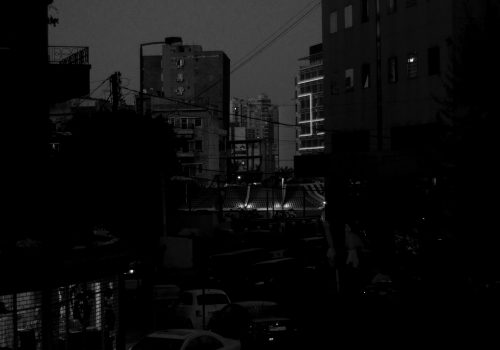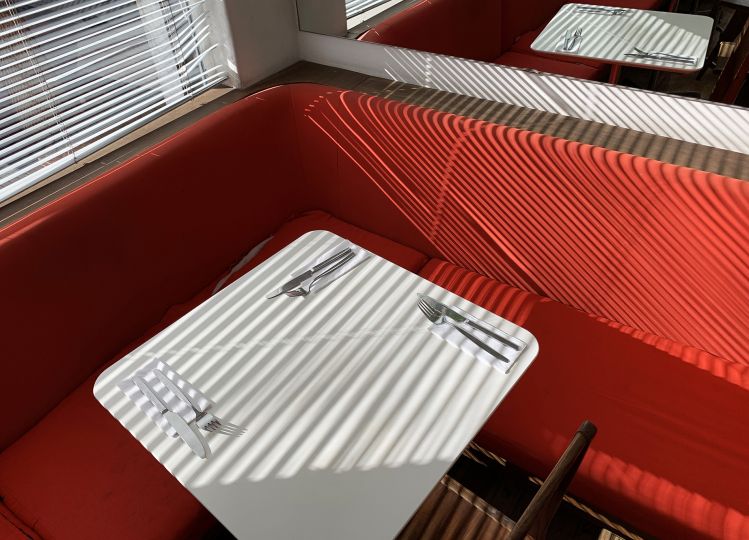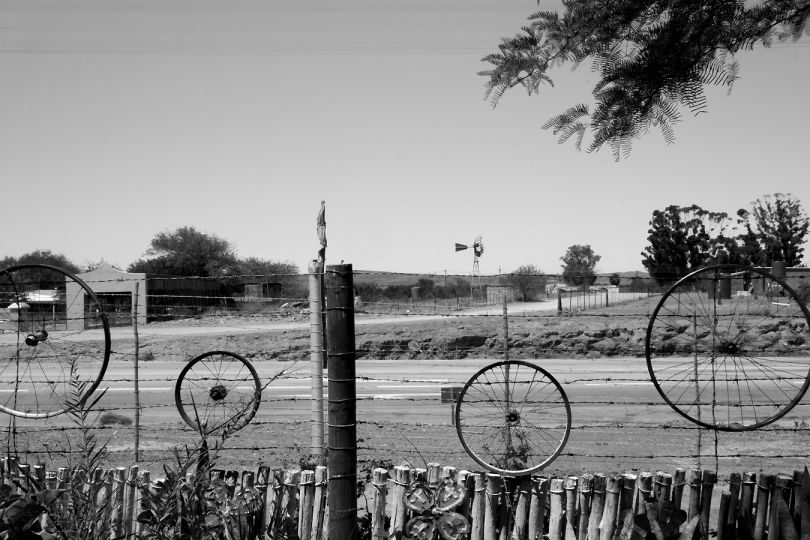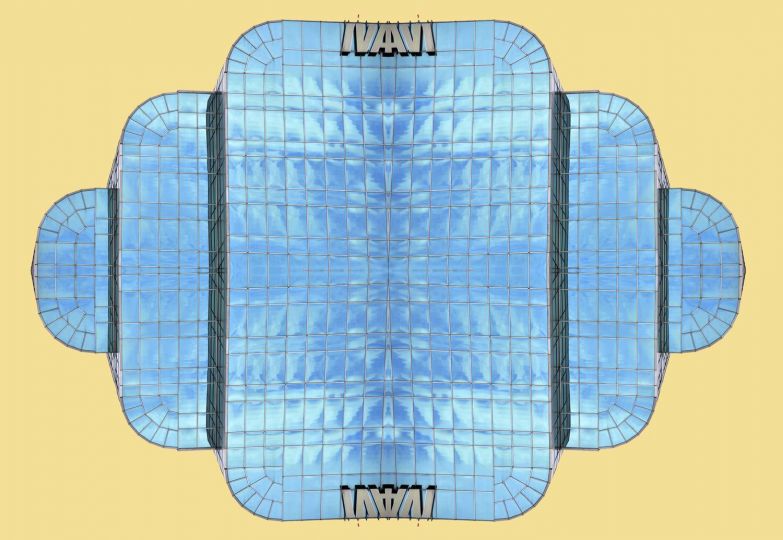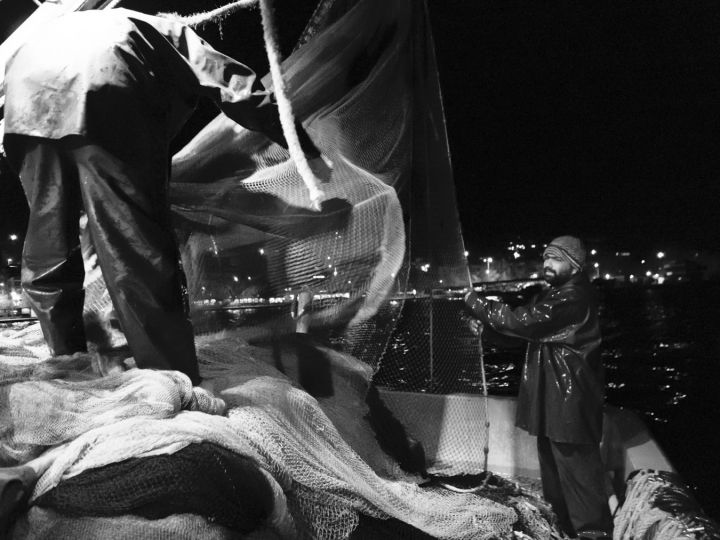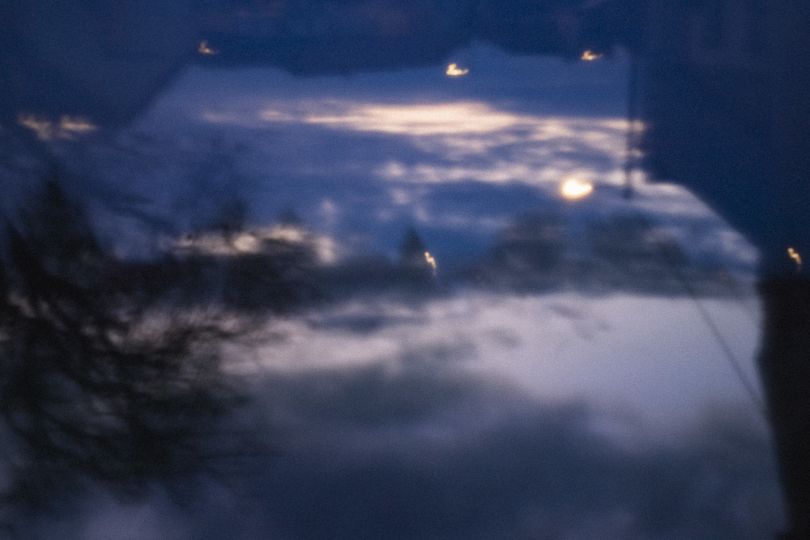My common perception of most capital cities is that they, to use a cliché, never sleep. In Beirut, Lebanon this is not so, due to a shortage of electricity. The Lebanese have a reputation of getting through tough times by partying and it’s probably true to an extent. In spite of all the problems in Beirut, the night life remains great and it manages to put a happy plaster over existing problems.
I have been visiting and at times living in Beirut for the past three years. At the beginning I was taken over by the nightlife and many of the problems, particularly the daily power cuts, seemed novel at first. However, as I spent longer in the country I started to realise that the lack of electricity exposed a crack in Lebanon’s otherwise smooth veneer. I started to question how what we get used to in our day to day to life can obscure important questions about state inequalities and inefficiencies. How has this inefficiency become normal in a capital city in an age of huge technological advancements? What does the darkness reveal and what does it hide?
After all, in the centre of the city the daily outages occur for three hours a day, with the exact times rotating daily. So routine, that many people manage to arrange their day around the cuts. But depending where you live the cuts can go on for far longer and be unpredictable. After all, not everyone has a generator. In some ways how electricity cuts are an unintentional marker of social divides.
The shortage does not only affect homes, it’s common to be shopping or eating out and for the lights to go out. It usually comes back after a few minutes thanks to a generator but there’s an unsettling feeling until that happens.
Of course, people adapt and that’s what these images try to capture; both the reality and the resourcefulness of ordinary people. Those without generators also use alternative sources of light for period of darkness during the winter such as smartphones and battery powered lights and electrical devices. But when something becomes the norm it can take on an unusual aspect. Amongst the smooth Beirut exterior, one has to question why ordinary life is subject to this inefficiency and with no resolution in sight? It can be easy to lose perspective of the absurdity of some of the things we get used to as part of our everyday survival.

